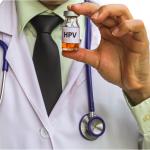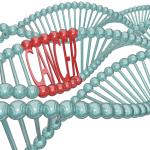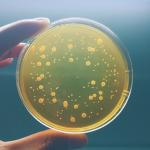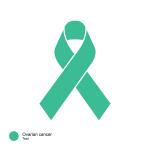HPV—Human Papillomavirus— is a frequently overshadowed sexually transmitted infection when the topic of STDs hits the spotlight.
cancer
Anyone who searches long enough can find that pretty much everything has been linked to cancer. Bacon. Cell phones. Wi-fi.
Who among us hasn’t been tormented by the itch after a mosquito bite? This is due to the histamine release at the offending site.
Erectile Dysfunction (ED) adversely impacts over 30 million men in the United States to some extent. Medical efforts to combat this considerable personal strain a
Cancer deaths are falling in the United States, and that's great to see. On the other hand, fatalities caused by heart disease are on the rise and there's a significant increase in deaths attributed to Alzheimer's disease.
The famous singer-songwriter Leonard Cohen, as per his manager Robert B.
The concept of viruses causing cancer is not new. In fact, it has been more than 100 years since Francis Peyton Rous, working at Rockefeller University, uncovered the first pathogen-caused cancer.
In the 1970s, an assay was developed by Dr. Bruce Ames that revolutionized the ability to test if a compound causes cancer or not.
Our consumption of sugar-sweetened beverages has been linked to virtually every illness known to man (only a slight exaggeration) — including obesity and type 2 diabetes — to name just a couple.
Ovarian cancer is hard to detect and, according to the American Cancer Society, "Ovarian cancer accounts for about 3% of cancers among women, but












